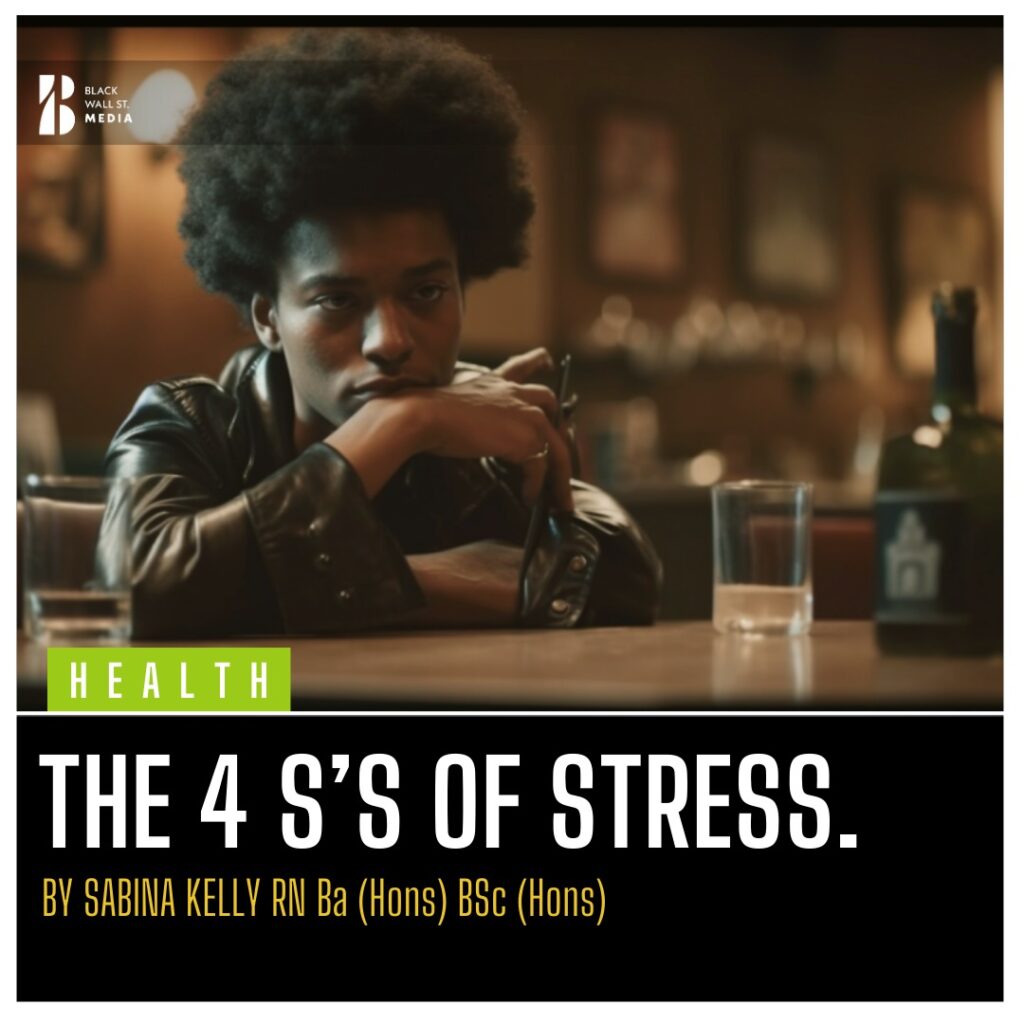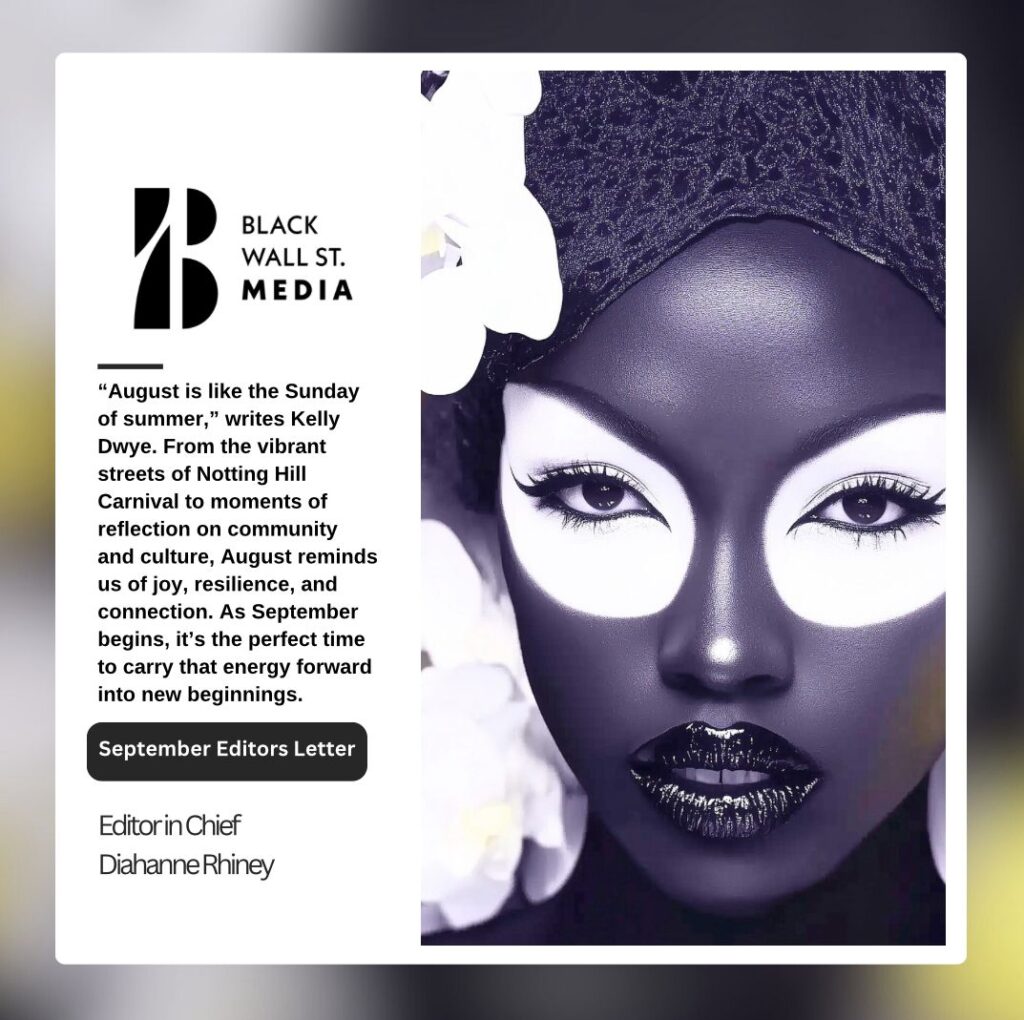Stress could be defined as a reaction to a perceived threat or danger.
 It is an alarm signal embedded in our hormonal infrastructures, in order to warn us of impending danger.
It is an alarm signal embedded in our hormonal infrastructures, in order to warn us of impending danger.
It is an internal alarm system. It can protect us.
For example, it can alert us to an immediate threat. As in the animal kingdom, it makes us prick up our ears, look around and move us to a safer area.
On the other hand, stress can move in on us slowly and insidiously, building up over a matter of time. It alerts us to perceived threats or dangers, until we find ourselves reacting physically and psychologically to our inner turmoil’s.
It eventually causes physical or mental ill health.

Throughout our lifetimes, most of us have experienced stress and anxiety. It may strike us abruptly, leaving us feeling swamped with numerous tasks, or it may gradually seep into our minds, exacerbating our pre-existing fears and disrupting our psychological ability to process life and work events positively.
External events beyond our control, such as the death of a loved one, redundancy, or divorce, as well as internal anxieties like the fear of underperforming or losing one’s job, financial worries, and more can all be causative factors of stress. Regardless of the source, the effects of stress on our daily lives can be devastating, impacting us both physically and psychologically.
The impact of stressors can be felt not only on our moods but also on our relationships. Living in a society driven by targets, we face increasing demands on both our work and leisure time.
Thanks to technology, we are now able to take our work home and continue working, making it even harder to strike a balance between work and life.
Personal relationships can suffer due to the increasing pressure on young people to look beautiful and older people to appear young.
Furthermore, living in a target-driven society where more and more demands are placed on our work and leisure time, and technology enabling us to take work home, it can become harder to achieve work/life balance.
It may be time for some individuals to take a step back, reflect, and identify the disproportionately stressful factors that are affecting their lives.
- Are you sleeping well?
- Do you work late into the night?
- Do you switch off your e mails and phone during out of work hours?
- Do you break into a sweat each time a situation becomes tense? Do you get that gnawing feeling in your stomach?
- Do you sometimes feel out of control?
- Has your concentration lessened?
- Do you become irritable and moody?
Recognizing one or more of these psychological responses, occurring in a cluster, indicates that you are experiencing the effects of stress.
Everyone responds differently to stress and may use various coping mechanisms. Regardless, stress can make life challenging.
It is important to note that stress is not self-inflicted, but rather a response to a perceived threat, which can take many forms. The causative factors of stress in our fast-paced lives can create internal conflicts.
Personal emotional pressures can be heightened by external challenges such as working in a toxic culture, under-resourced working teams, financial difficulties, and problematic relationships.
Despite this, we cannot simply shift the responsibility for our responses onto external factors, as it is ultimately our own reactions to these pressures that impact our emotional wellbeing.
I categorised these pressures into the 4 S’s of Stress.
- SOLITARY
- STIGMA
- SILENCE
- SPIRAL
Stress can be a lonely experience that induces feelings of isolation, as we often feel unable to share our struggles with others or reveal that we are struggling to cope.
This is due to the stigma associated with vulnerability, which is unfortunately perceived as a negative personality trait.
Consequently, we might feel alone and unable to express our true feelings, even when we confide in close friends who can only offer a listening ear and advice. However, they may not have the means to remove us from the stressful environment.
This also leads to Silence. Admitting you are stressed by a situation may facilitate feelings of shame, embarrassment, self-loathing that you are not coping and that you fear situations which lead us to continue in a muted anxiety mode. So, we keep silent.
If the cycle is not interrupted, it will Spiral. Negative thoughts and scenarios made up of what ifs? spinning round in your mind in a vortex of anxiety, stress levels increase, and your body reacts physically.
Stigma may be attached to people suffering from these reactions. Management, friends or partners may perceive it as mental health issue but do not have the patience to deal with it.
Gp’s may sign you off for a couple of weeks or offer you short term medication.
However, we still may still see ourselves as outsiders, as failures and attach our own stigma to being stressed.
So how can we try and counteract the effects of stress?
The first step in managing stress is to seek professional help. While there are many self-help techniques, such as meditation, deep breathing, and exercise, counseling or cognitive behavioral therapies can help identify and address the root causes of anxiety.
Once we have identified the root causes, we can create lists of our fears and develop action plans to manage or adapt to them. We can also reframe our narrative and view our fears as an opportunity for positive change, rather than failures.
In some cases, walking away from a toxic situation may be the best option. While it can be difficult and painful, it may lead to unexpected opportunities and growth. Making such a decision requires courage, but it is worth questioning why we allow ourselves to remain unhappy.
If walking away is not possible, seeking professional help can provide coping mechanisms and alternative perspectives to help manage the stress.
Florence Nightingale stated “How very little can be done under the spirit of fear”
Choice and help can motivate us to identify and challenge our fears and take charge of our stress levels. And ultimately take responsibility to care for ourselves.
SABINA KELLY RN Ba (Hons) BSc (Hons)
sabinakellylondon@yahoo.com









